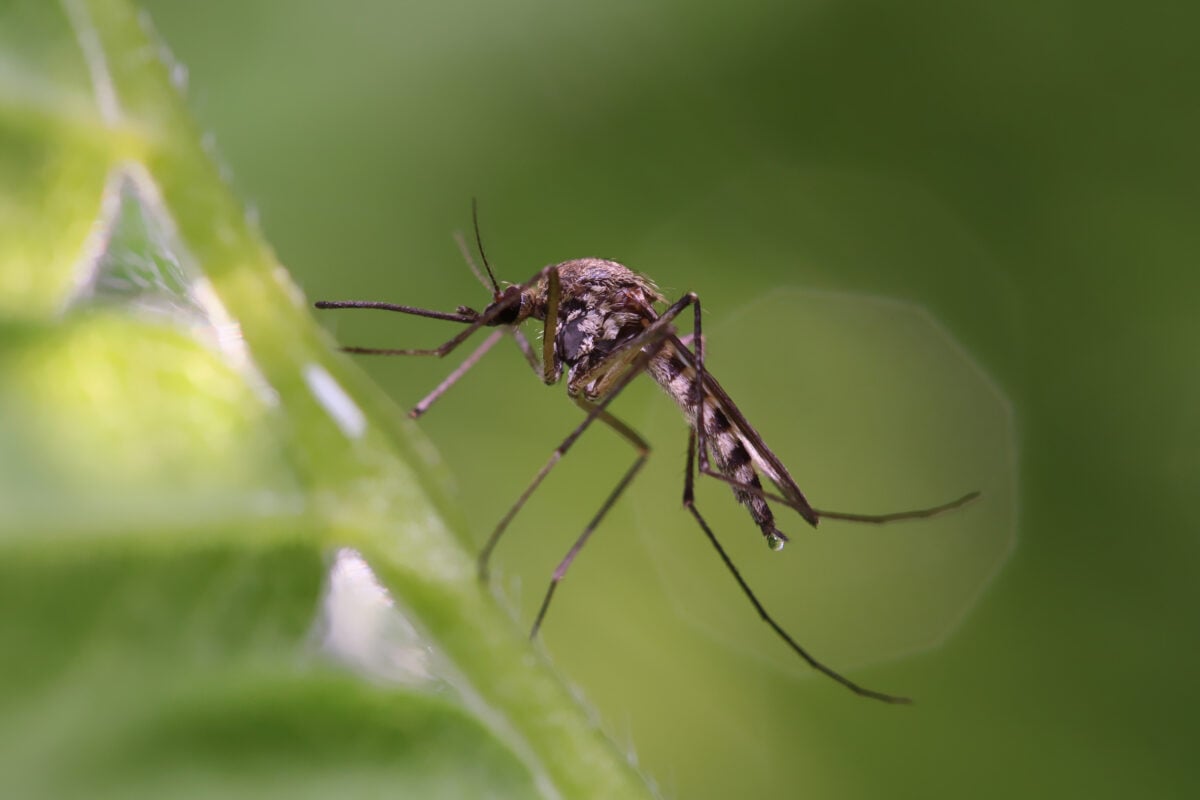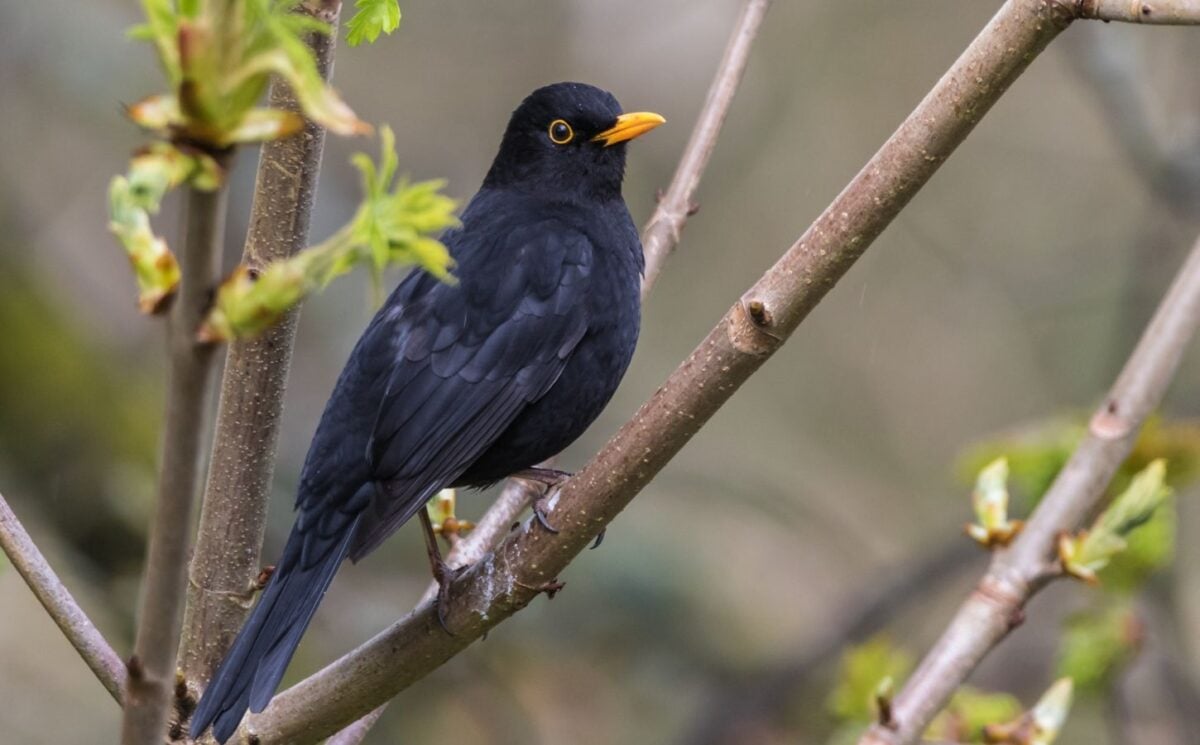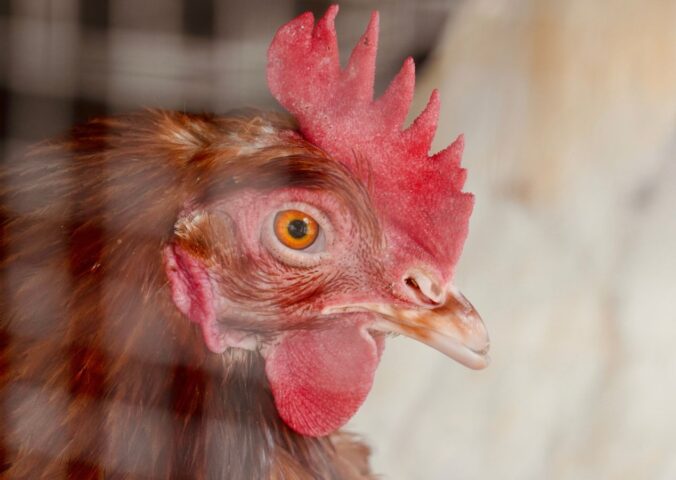Blackbird numbers in south east England have plummeted, and this is thought to be due to a virus whose spread is linked to the climate crisis.
Read more: Traffic Noise Harms Baby Birds’ Development, Research Finds
Commonly spotted in gardens across the UK, blackbirds have been struggling in London and the south east, with the population down by 32 percent compared to 2019. Experts believe that the Usutu virus is a big reason for the decline, as numbers took a dive in 2020 when the virus was first found in London. It is thought to have spread from South Africa via Europe and can be transmitted by UK mosquitoes in warm weather.
The climate crisis is helping create perfect conditions for mosquitoes to thrive in new areas, bringing new diseases with them. The Usutu virus is mostly harmless to humans. But experts warn that this is the first time a mosquito-borne viral zoonotic disease has appeared in British wildlife and that more may occur as the climate warms further.
Public asked for help

The British Trust for Ornithology (BTO) has asked the public to help survey blackbirds in gardens to better understand how the disease might be spreading.
Blackbird numbers had already been declining before the arrival of the Usutu virus, having dropped by 18 percent since the 1970s. They are just one of many UK bird species with shrinking populations; almost half of all native bird species are in decline.
British birds have also been hit hard by the avian flu virus in the last few years. The disease has mostly affected seabirds such as gannets as well as ducks and swans, rather than the types of birds found in gardens.
Read more: US To Test Ice Cream And Butter For H5N1 Bird Flu Virus






